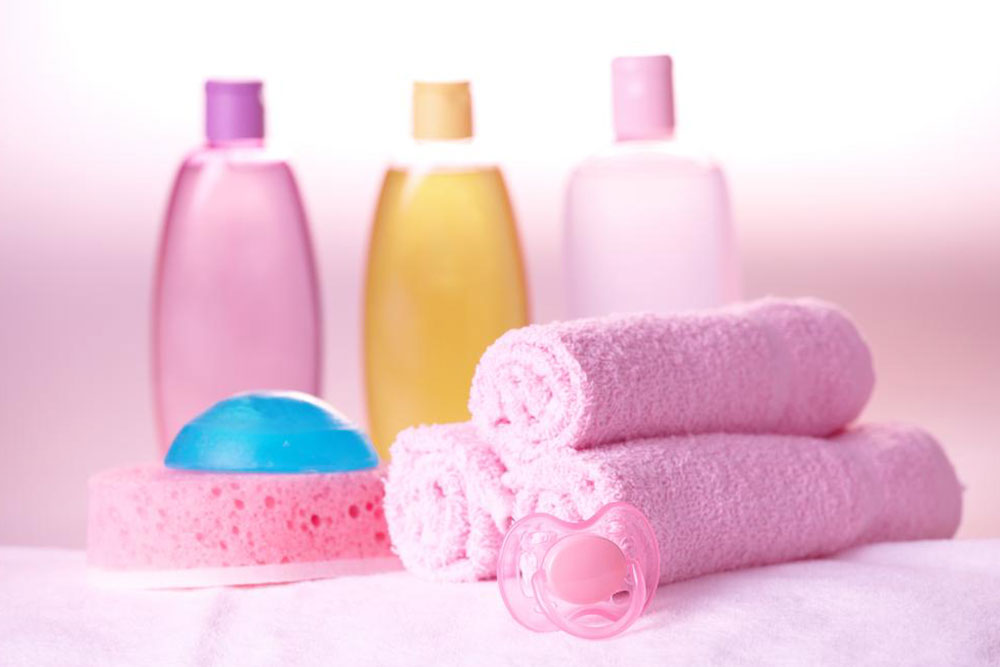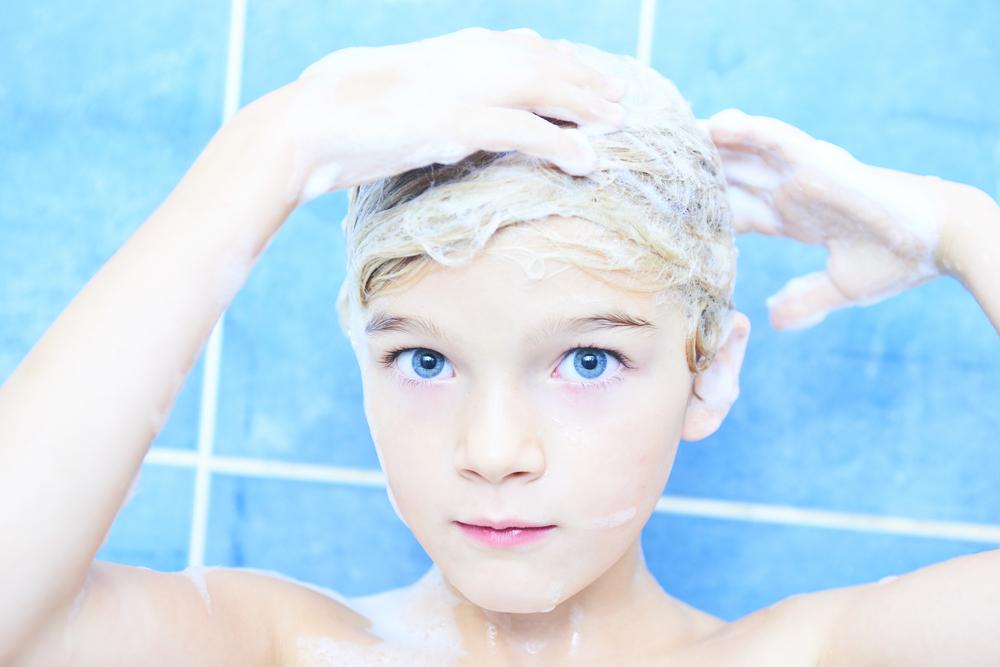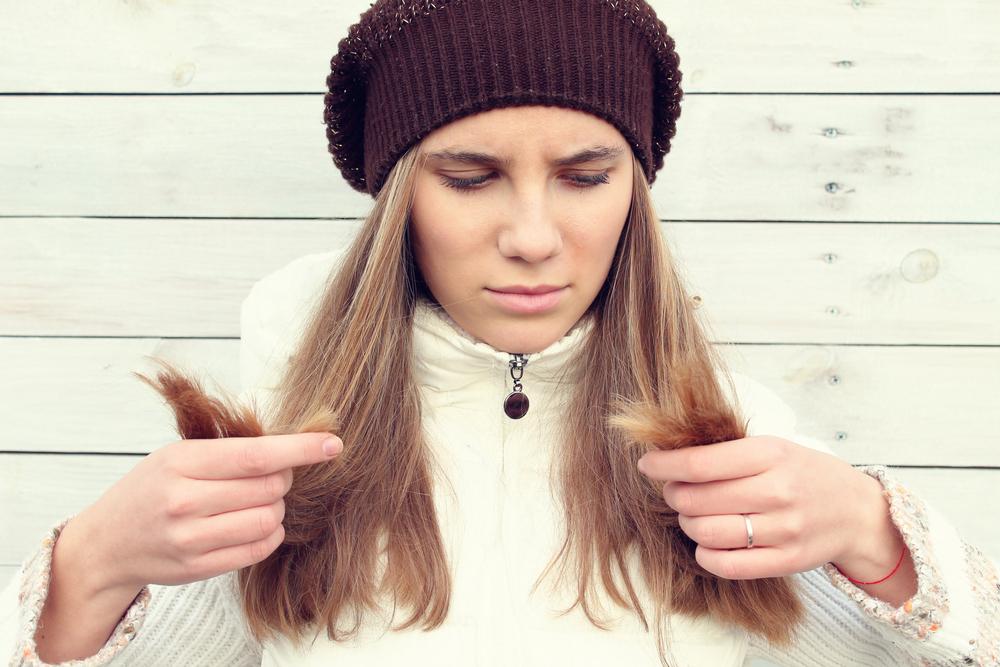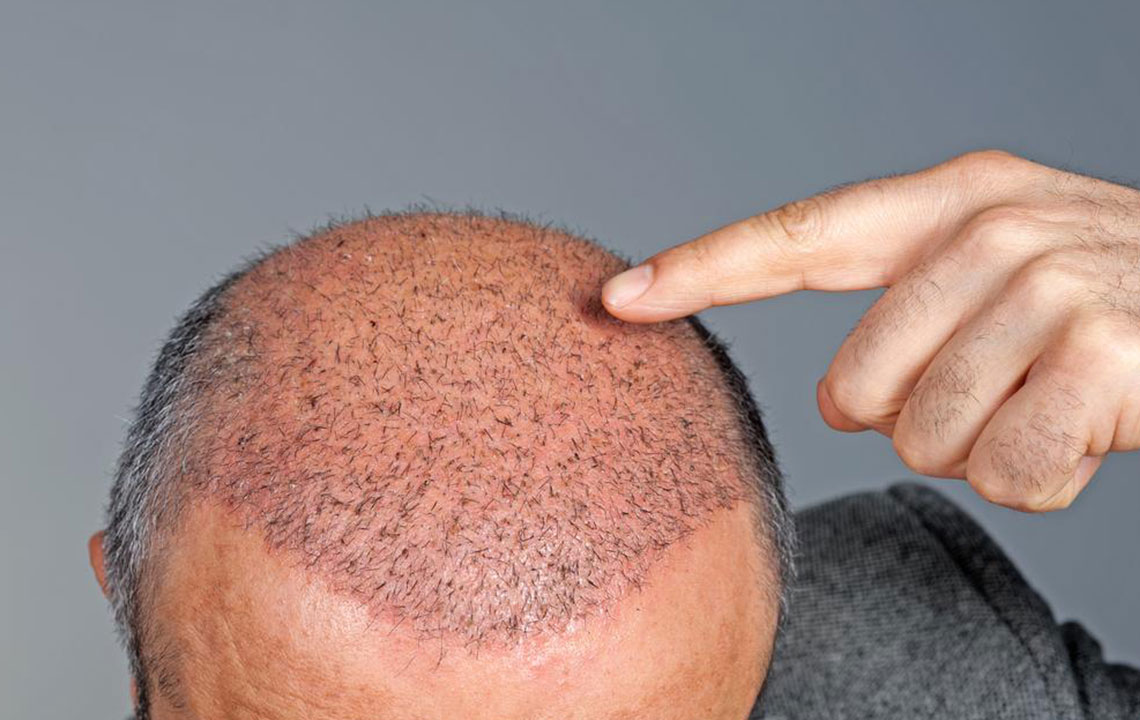Simple yet Effective Hair Care Tips for Healthy Hair
Discover simple yet powerful hair care tips to enhance your hair's health and shine. Learn the right washing, conditioning, and styling techniques to prevent damage and promote strong, beautiful hair daily. Consult professionals if you experience severe hair fall or underlying issues, and implement lifestyle changes for optimal results.

Simple yet Effective Hair Care Tips for Healthy Hair
Everyone’s hair has its unique charm, whether it's voluminous, wavy, or sleek! To keep your hair looking vibrant and healthy, establish a consistent care routine. Signs of hair damage include dryness, dullness, split ends, and excessive fall. If you're noticing these, it’s time to adopt a new approach. Here are some straightforward, universal hair care tips to help you achieve beautiful, manageable hair every day.
Avoid Excessive Shampooing– Over-washing can be detrimental, stripping natural oils and leading to dry, flaky scalp and lackluster hair. Limit shampoo usage to 3-4 times a week, and choose gentle, chemical-free products suitable for your hair type. Use lukewarm water to cleanse the scalp softly, preserving moisture and shine.
Proper Conditioning Techniques– If your hair feels greasy despite regular shampooing, consider your conditioner application. Focus on mid-lengths to ends rather than roots, which naturally produce oils. Over-conditioning the scalp can cause buildup and weigh hair down. After washing, gently towel-dry with an old T-shirt or soft cotton cloth before allowing hair to air dry. This method helps prevent brittleness and maintains hair health.
Smart Styling Practices– Excessive styling and heat damage are common culprits of hair harm. Avoid using heat tools on damp hair to prevent breakage. Always apply a heat protection spray or serum before styling to preserve the hair’s proteins and oils. Following these tips reduces long-term damage and supports healthy hair growth.
If you experience significant hair loss recently, consult a healthcare professional. Hair thinning may stem from underlying health issues like nutritional deficiencies, where medical treatment and lifestyle adjustments could be necessary.
Note:
Our blog offers diverse, well-researched information to help readers make informed decisions. However, content should not replace professional advice. The site is not responsible for discrepancies or inaccuracies across different sources. Also, some schemes or offers might be beyond the scope of our coverage, so always explore options for personalized solutions.










